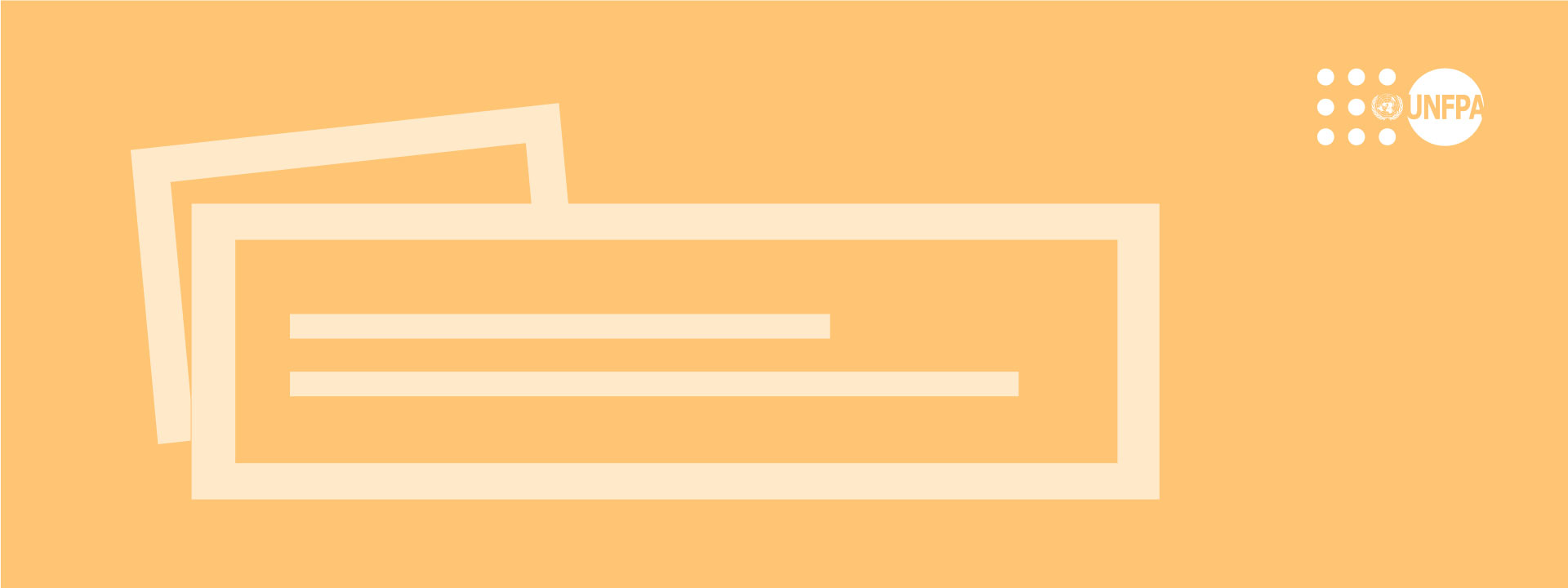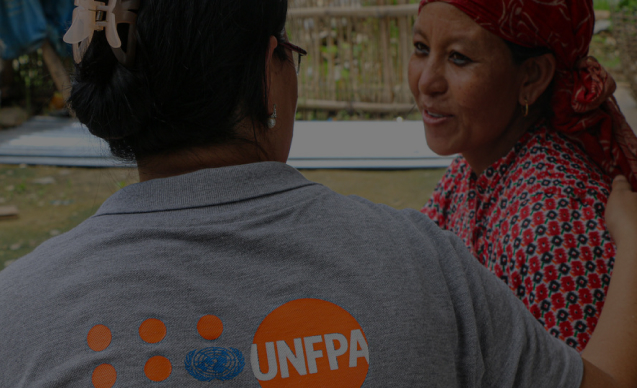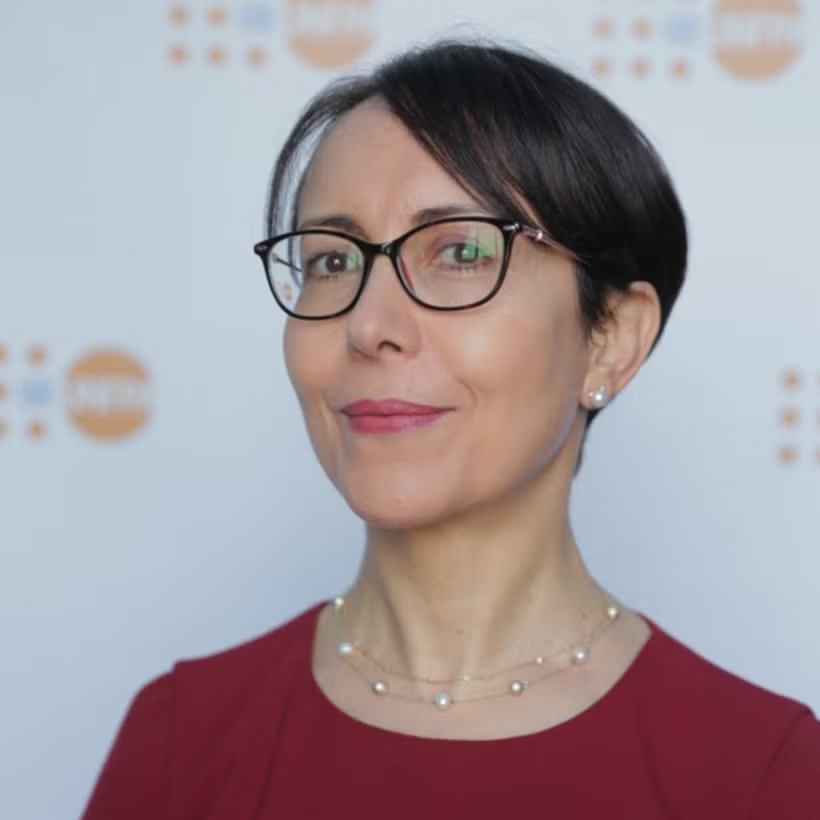About UNFPA Iraq
UNFPA is the United Nations reproductive health agency. Our mission is to deliver a world where every pregnancy is wanted, every childbirth is safe and every young person's potential is fulfilled.
The United Nations Population Fund (UNFPA) established its programme for Iraq in 2008 and opened its first office in the country in 2011.
Ever since, UNFPA has been working across the country to contribute to improving sexual and reproductive health services, promoting gender equality and women’s empowerment, enhancing youth-related programmes and availing population data for development.
In close coordination with the Government of Iraq, the Government of the Kurdistan Region, and the civil society, and in collaboration with other UN agencies, UNFPA pursues the country’s development priorities and strategies.
When the crisis began in 2014, the Fund launched its emergency humanitarian interventions to respond to urgent reproductive health and gender-based violence needs of women and girls affected by the conflict.
In 2019, UNFPA is preparing its third country programme (2020-2024) around UNFPA’s three transformative results: end preventable maternal deaths, end unmet need for family planning, and end gender-based violence and harmful practices:
- Advocate for women and girls’ human and reproductive rights
- Build the capacity of government counterparts and NGOs for quality services
- Provide reproductive health and gender-based violence services
- Generate evidence-based surveys for robust strategies and people-centred policies
- Enable youth to dialogue on peace and tolerance for their involvement decision-making process
About Iraq (data for 2018)*
- Population: 37 million of which 60 per cent are under the age of 25
- Fertility rate: 3.6
- Average family size: 6.3
- Neonatal mortality: 14 per 1,000**
- Child marriage & pregnancies:
- 7% married & 1% pregnant before the age of 15
- 27.6% married & 14.1% pregnant before the age of 18
- Contraceptive prevalence rate
- 47.2% of the population does not use contraceptives
- 36.1% of the population use modern methods***
- 16.7% of the population use traditional methods****
- Maternal mortality: 32 per 1,000
- Female Genital Mutilation prevalence: 7.4%***** of women aged 15-49 underwent FGM
--------------
** SDG goal is 12 per 1,000
*** Modern Methods include female sterilization, male sterilization, IUD, injectables, implants, pills, male condom, Female condom, diaphragm, foam, jelly and contraceptive patch
**** Traditional methods refer to periodic abstinence and withdrawal
***** The majority of cases occur in the Kurdistan Region of Iraq with 37.5%, compared with only 0.4% in central and southern Iraq.




